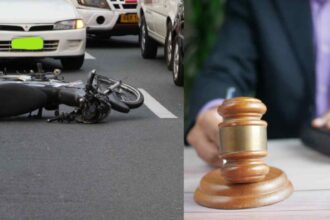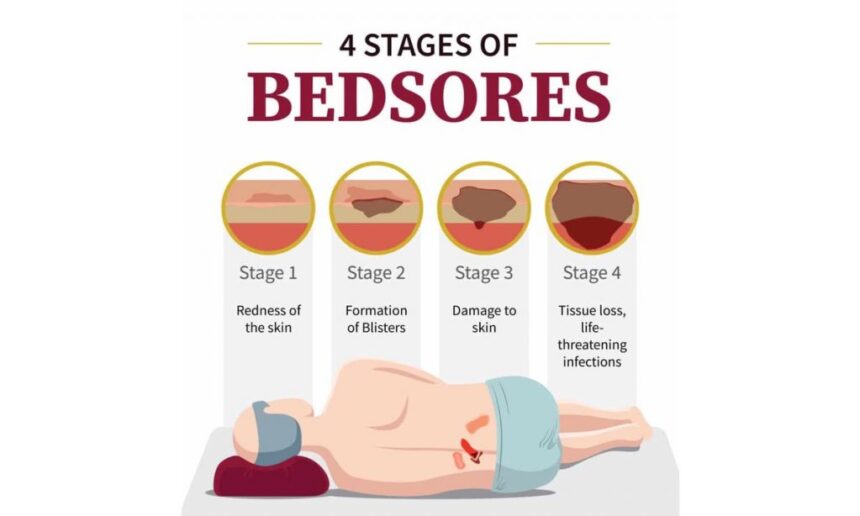Bedsores are often a common occurrence in nursing homes. They are also known as pressure ulcers and, as the name suggests, are a result of prolonged pressure on the skin. They typically occur in areas like the hip, heels, and tailbone and are a preventable condition.
Bedsores appear as minor skin issues but may quickly turn into life-threatening complications or infectious wounds. One in ten residents develop bedsores, which often go underreported.
Charleston, South Carolina, has a high number of nursing homes dedicated to compassionate and attentive elderly care. Unfortunately, negligence is just as common.
If a loved one in a nursing home is suffering from bedsores, then experienced bedsore attorneys in Charleston can help seek justice and hold the facility accountable.
Understanding Bedsores and Their Causes
Bedsores are a result of constant pressure and lack of movement. This is typically seen in individuals with limited mobility, such as those confined to beds or wheelchairs.
The constant pressure results in reduced blood flow to the area, resulting in declining tissue health. Causative factors include:
- Not repositioning residents frequently
- Lack of proper hygiene
- Malnutrition or dehydration
- Badly-fitted medical devices, such as braces or wheelchairs
There are four stages of bedsores, stage 1 being mild redness in the skin to stage 4 with wounds exposing muscle or bone. Early intervention is key to preventing severe complications.
Nursing Home Neglect and Bedsores
The responsibility of care rests on the nursing home staff. Regular monitoring and appropriate care practices can prevent bedsores. However, the development of bedsores signals a lapse in care, including:
- Inadequate staff
- Poor training of caregivers or less supervision
- Lack of individualized care plans and implementation
- Ignoring complaints or signs of discomfort in residents
South Carolina regulations require nursing homes to maintain high standards of care. The failure to meet these conditions can result in legal prosecutions for neglect.
How a Charleston Lawyer Can Help
Attorneys specializing in nursing home abuse cases play a pivotal role in advocating for affected residents. They can assist by:
- Investigating the Case: Attorneys collect evidence such as medical records, witness statements, and facility inspection reports to prove neglect.
- Determining Liability: Identify the nursing home, individual caregivers, or management responsible for the incidence.
- Filing Legal Claims: Lawyers help file lawsuits to recover damages, medical expenses, pain and suffering costs, and relocation costs to a better facility.
- Ensuring Compliance: Nursing homes can be forced to improve care standards, preventing neglect in the future to other residents.
Charleston bedsore attorneys are legal professionals specializing in South Carolina’s laws and regulations regarding nursing home care. Their expertise makes seeking justice and compensation easy.
Preventing Bedsores in Nursing Homes
Prevention is a much better approach than the legal approach. The risk to residents can be reduced by:
- Regular change of position of residents to relieve pressure
- Adequate nutrition and hydration
- Routine skin assessments
- Training staff to spot the signs of pressure ulcers
The Importance of Advocacy
Bedsores in nursing home residents are a sign of systemic issues with the facility. Legal actions provide justice to the family and also highlight the need for improved care in long-term facilities.
Advocacy helps with raising awareness and systemic change, benefiting countless residents in Charleston and beyond.
Conclusion
Proper care practices can prevent bedsores in nursing homes. However, if a loved one has developed bedsores due to neglect, understanding and pursuing legal options is essential. Experienced legal professionals can help families address lapses in care and secure justice for other vulnerable residents.






